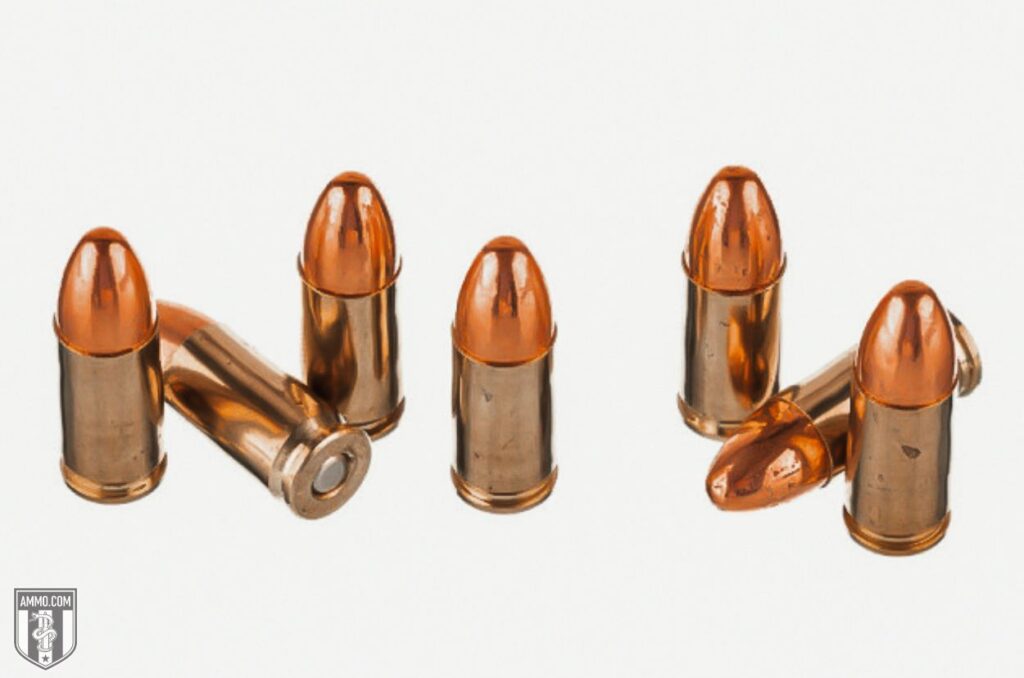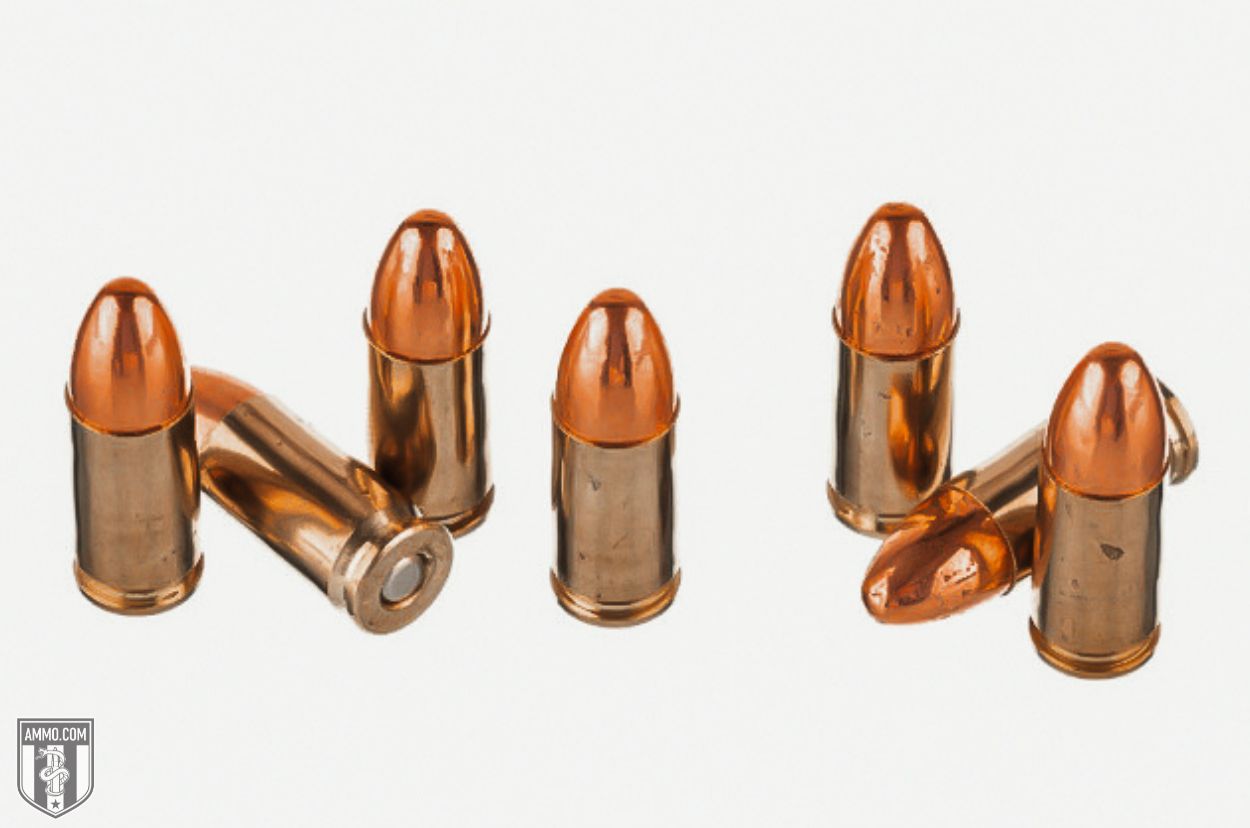
Is 9mm Ammo Quality Declining? Separating Fact from Fiction
The question of whether all 9mm ammo quality is falling off is a concern voiced by many shooters, from seasoned professionals to recreational enthusiasts. Concerns about inconsistent performance, increased malfunctions, and a perceived decline in manufacturing standards have led to widespread speculation. Is this a genuine trend, or simply anecdotal evidence amplified by online forums and supply chain disruptions? This article delves deep into the factors influencing 9mm ammunition quality, examines potential causes for perceived declines, and provides guidance on identifying and mitigating risks associated with substandard ammunition. We aim to provide a comprehensive, evidence-based analysis to help you make informed decisions about your ammunition choices.
Understanding 9mm Ammunition Quality: A Deep Dive
To assess claims about declining quality, it’s crucial to understand what constitutes high-quality 9mm ammunition. This involves several key factors, including:
- Consistent Manufacturing: Tight tolerances and adherence to specifications are paramount. Variations in powder charge, bullet weight, and case dimensions can significantly impact accuracy and reliability.
- Component Quality: The quality of primers, powder, bullets, and cases directly affects performance. Inferior components can lead to misfires, squib loads, or even dangerous overpressure situations.
- Reliable Priming: Consistent primer ignition is essential for reliable cycling and accuracy.
- Proper Case Annealing: Annealing ensures the brass case has the correct hardness to properly seal the chamber upon firing.
- Accurate Powder Metering: Consistent powder charges are critical for uniform velocity and pressure.
- Bullet Consistency: Bullet weight, shape, and construction must be consistent for predictable flight and terminal performance.
Historically, ammunition manufacturers have maintained stringent quality control processes. However, various factors can potentially compromise these standards.
Factors Potentially Impacting 9mm Ammo Quality
Several factors, both recent and long-standing, could contribute to a perceived or actual decline in 9mm ammunition quality:
- Increased Demand: Surges in demand, particularly during periods of social unrest or political uncertainty, can strain manufacturing capacity. This may lead some manufacturers to prioritize quantity over quality, potentially cutting corners or relaxing quality control measures.
- Supply Chain Disruptions: Global supply chain disruptions can impact the availability of raw materials, such as brass, lead, and powder. This can force manufacturers to source materials from alternative suppliers, potentially affecting component quality.
- Cost Pressures: Competition within the ammunition market can create pressure to reduce costs. Some manufacturers may attempt to lower prices by using cheaper components or streamlining production processes, potentially compromising quality.
- Relaxed Quality Control: In some cases, manufacturers might intentionally relax quality control standards to increase production speed or reduce costs. This is often a short-sighted strategy that can damage their reputation in the long run.
- Increased Production Speed: When manufacturers ramp up production to meet demand, there’s a risk that quality control processes may not keep pace. This can lead to an increase in the number of defective rounds that make it to market.
- New Manufacturers: The entry of new manufacturers into the market can introduce variability in quality. Some new companies may lack the experience, expertise, or equipment necessary to produce ammunition to the same standards as established brands.
Identifying Signs of Substandard 9mm Ammunition
Recognizing the signs of potentially substandard 9mm ammunition is crucial for safety and performance. Here are some key indicators to watch out for:
- Inconsistent Priming: Primers that are not seated correctly or appear damaged can indicate poor manufacturing practices.
- Case Defects: Dents, cracks, or bulges in the case can compromise its integrity and potentially lead to malfunctions or even dangerous ruptures.
- Bullet Seating Issues: Bullets that are not seated correctly or appear loose can affect accuracy and reliability.
- Powder Inconsistencies: Visible variations in powder charge or the presence of foreign debris can indicate quality control problems.
- Misfires or Squib Loads: A misfire is a failure of the cartridge to ignite, while a squib load is a round with insufficient powder to propel the bullet out of the barrel. Both are serious safety concerns.
- Inconsistent Performance: Noticeable variations in recoil, accuracy, or cycling can indicate inconsistent ammunition quality.
- Excessive Fouling: Ammunition that produces excessive fouling can indicate the use of low-quality powder or components.
The Role of Ammunition Manufacturers in Maintaining Quality
Reputable ammunition manufacturers understand the importance of maintaining high-quality standards. They typically employ rigorous quality control processes, including:
- Component Testing: Testing raw materials and components to ensure they meet specifications.
- In-Process Inspections: Monitoring production processes to identify and correct any deviations from standards.
- Statistical Process Control: Using statistical methods to track and improve process consistency.
- Lot Testing: Testing samples from each production lot to verify performance and reliability.
- Ballistic Testing: Measuring velocity, pressure, and accuracy to ensure ammunition meets performance standards.
- Visual Inspection: Thoroughly inspecting finished rounds for any defects or inconsistencies.
The Impact of Reloading on 9mm Ammunition Quality
Reloading ammunition can be a cost-effective way to produce custom rounds. However, it also introduces the potential for quality control issues if not done properly. Reloaders must adhere to strict safety guidelines and use high-quality components to ensure the safety and reliability of their ammunition. Factors that can affect reloaded ammunition quality include:
- Case Preparation: Proper case cleaning, sizing, and trimming are essential for consistent performance.
- Primer Selection: Using the correct primers for the powder and bullet combination is crucial for reliable ignition.
- Powder Charging: Accurately measuring powder charges is critical for safety and performance.
- Bullet Seating: Seating bullets to the correct depth is essential for proper cycling and accuracy.
- Crimping: Applying the correct crimp ensures the bullet is held securely in the case.
9mm Ammunition and Self-Defense Applications
For self-defense applications, the quality and reliability of 9mm ammunition are paramount. A failure to fire or a malfunction could have life-threatening consequences. Therefore, it’s essential to choose ammunition from reputable manufacturers and to test it thoroughly in your firearm before relying on it for self-defense.
Evaluating 9mm Ammunition Brands for Consistent Quality
While it’s impossible to guarantee that any brand is immune to occasional quality control issues, some manufacturers have a long-standing reputation for producing high-quality 9mm ammunition. These brands typically invest heavily in quality control and use premium components. Some brands known for quality include:
- Federal Premium: Known for consistent performance and high-quality components.
- Speer: A leading manufacturer of law enforcement and self-defense ammunition.
- Hornady: Renowned for innovative bullet designs and consistent accuracy.
- CCI: A trusted brand for reliable primers and ammunition.
- Winchester: A historic brand with a wide range of ammunition offerings.
The Importance of Proper Ammunition Storage
Proper ammunition storage is crucial for maintaining its quality and reliability. Ammunition should be stored in a cool, dry place away from direct sunlight and extreme temperatures. Exposure to moisture can cause corrosion and degrade the powder, leading to misfires or squib loads. Ammunition should also be stored securely to prevent unauthorized access.
Addressing Concerns About 9mm Ammunition Quality
While there may be anecdotal evidence suggesting that all 9mm ammo quality is falling off, it’s important to approach these claims with a critical eye. Factors such as increased demand, supply chain disruptions, and cost pressures can potentially impact quality, but reputable manufacturers continue to prioritize quality control. By understanding the factors that influence ammunition quality, recognizing the signs of substandard ammunition, and choosing ammunition from reputable manufacturers, shooters can mitigate the risks associated with poor quality ammunition.
The Future of 9mm Ammunition Manufacturing
The ammunition industry is constantly evolving, with manufacturers developing new technologies and processes to improve quality and performance. Innovations such as lead-free ammunition, advanced bullet designs, and improved powder formulations are helping to push the boundaries of what’s possible. As demand for 9mm ammunition continues to grow, manufacturers will need to adapt and innovate to meet the challenges of maintaining high-quality standards.
Making Informed Choices About Your 9mm Ammo
Ultimately, the decision of which 9mm ammunition to use is a personal one. By understanding the factors that influence ammunition quality, recognizing the signs of substandard ammunition, and choosing ammunition from reputable manufacturers, you can make informed decisions that will ensure your safety and enhance your shooting experience. Share your experiences with 9mm ammo quality in the comments below. Your insights can help others in the shooting community make better choices.

